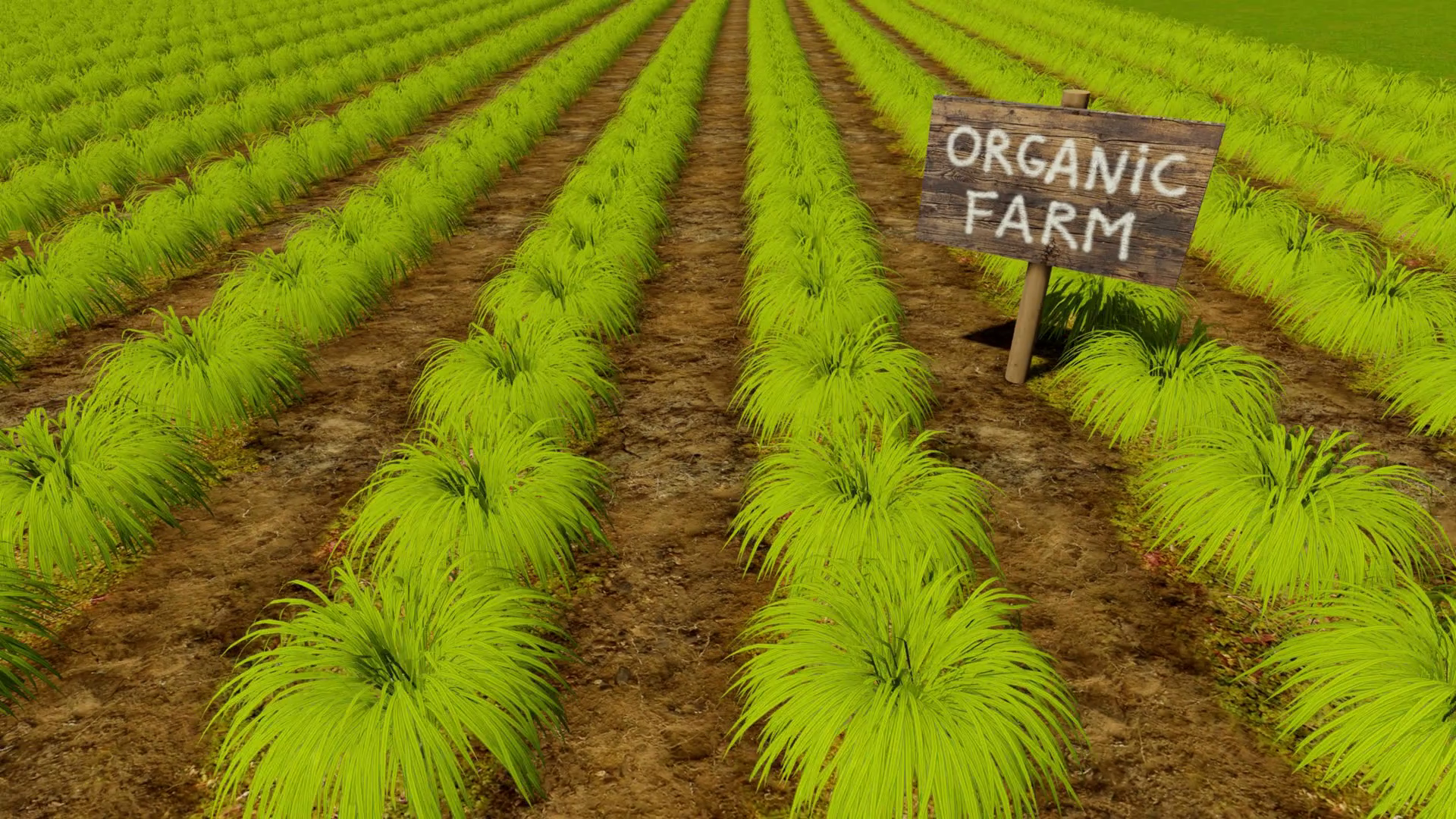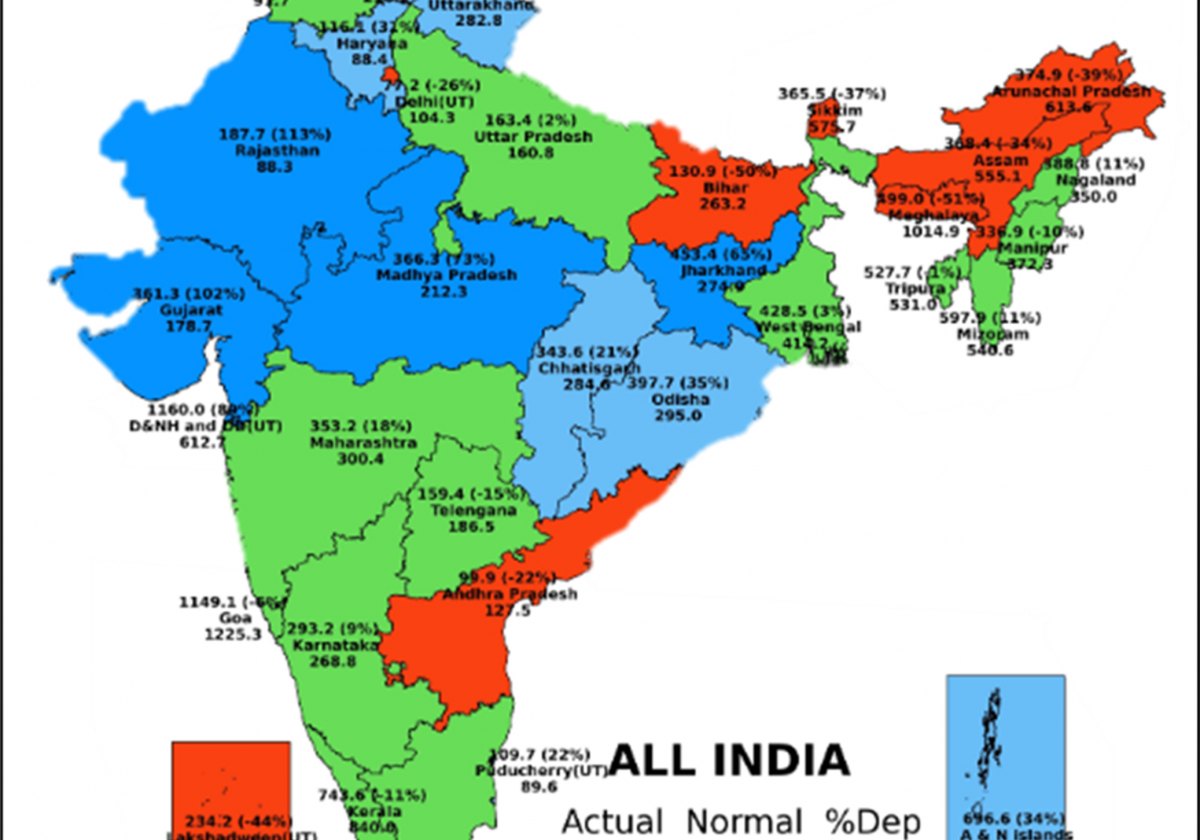
India Organic is a certification mark for organically farmed food products manufactured in India. The certification is issued by testing centres accredited by the Agricultural and Processed Food Products Export Development Authority (APEDA) under the National Program for Organic Production (NPOP) of the Government of India.
Lately, there has been a firm growing interest in Organic farming. Large scale farmers and groups of small farmers who have taken up organic farming are now getting organic certification for their produce, which enables customers to be assured of buying actual organic products and enables the farmer to get a premium on his returns. In India, NPOP and its regulatory body APEDA have laid down the guidelines for organic certification and all products that are organic certified displays the ‘India Organic’ logo for customers to easily identify certified products. This article explains the process of organic food certification in India.
In 2006, India’s organic certification process under NPOP was granted equivalence with the European Union. It has also been recognized for conformity assessment by USDA’s NOP.
Principal of Standards
The Indian organic certification process follows a set of standard guiding principals laid down by NPOP which are as follows.
- Conversion of land for Organic farming must be done.
- All inputs to the farm should be natural.
- No genetically modified inputs or irradiation technology should be used.
- The integrity of processes (physical, biological, mechanical) must be maintained at all times.
- No contamination from nearby farms or other means must be present.
- Sustainable practices must be followed on the farm.

Organic Certification process in India
Large scale farmers or small size landholder growers groups (minimum of 25 and maximum of 500 farmers having land in the same geographical area) can apply for Organic certification of their produce. The point to note here is that the land is not certified as organic. Rather the produce from the land is certified.
APEDA offers an internet-based e-service called ‘Tracenet’ to collect, record and report data on organic certification to facilitate the process of organic certification. It is also used to trace any organic produce all the way to the farm from anywhere in the supply chain. Organic certificates for any agricultural produce are valid for 3 years only. It must be renewed after expiry of 3 years.
The Organic certification process is carried out by accredited bodies (like APEDA) under NPOP. Here is the process of Organic certification in 5 steps.
- Receipt of an application and standards & operational documents to the farmer(s) by an accredited organic certification body from the farmer(s), which involves an agreement of roles and commitments between the two.
- A fee has to be paid to the accredited body, followed by auditing of the documents.
- Regular field inspection by the internal quality system manager and external inspector and documentation of the same.
- Compliance verification and reviewing of reports by field inspector through inspection and audits.
- Decisions on certification.
The field inspection is one of the most important steps in Indian Organic certification. It takes place as follows.
- Visit of an external inspector to fields and facilities; review of records and accounts.
- Calculation of input & output norms and preparation of production estimate from a farm.
- Assessment of production system and interview with responsible people.
- Risk assessment from neighbouring farms.
- Inspection of use of any GM products & off-farm inputs.
- Analysis of residue tests by certified laboratories for pesticides, heavy metals if required.
- Inspection of sustainable practices and study of the entire production unit.

The entire process of Organic certification involves a lot of record-keeping and process steps. It may look daunting, but the organic certification adds a lot of value to the agri produce as the certification is accepted not only in India but also in North America and the EU. Customers are ready to pay a premium if they are assured what they are buying is actually organic and not fraudulent. The India Organic logo gives that assurance to the end customer.








 Connect With Us
Connect With Us
Hey there just wanted to give you a quick heads up.
The text in your post seem to be running off the screen in Chrome.
I’m not sure if this is a formatting issue or something to do with browser compatibility but I thought
I’d post to let you know. The design look great though!
Hope you get the problem solved soon. Many thanks
Excellent post. I had been checking constantly this web site and I am just impressed!
Very useful information specifically the past part :
) I maintain such info much. I had been trying
to find this particular information to get a while. Thanks and better of luck.
My site :: erin condren
I don’t even know how I stopped up here, but I believed this
submit was once great. I don’t recognise who you might be but definitely
you’re going to a famous blogger for those who are not already.
Cheers!
I love it whenever people come together and share views.
Great site, continue the good work!
Hello! Would you mind if I share your blog with my twitter group?
There’s a lot of folks that I think would really enjoy your content.
Please let me know. Thank you
WOW just what I was looking for. Came here by searching for link
Hello I am so thrilled I found your webpage, I really found you by error, while I was
researching on Digg for something else, Nonetheless I am here now and would just like to say thanks a lot for a tremendous
post and a all round exciting blog (I also love the theme/design), I don’t have time to read through it all at the minute but I have bookmarked
it and also added your RSS feeds, so when I have time I will be back
to read more, Please do keep up the great jo.
Great goods from you, man. I have understand your stuff previous to and you are just
extremely wonderful. I really like what you have acquired here,
really like what you’re saying and the way in which you say it.
You make it enjoyable and you still care
for to keep it smart. I cant wait to read much more from you.
This is really a tremendous website.
Please click on the link to watch how it is done.
https://www.youtube.com/watch?v=gpDAARoHg0E